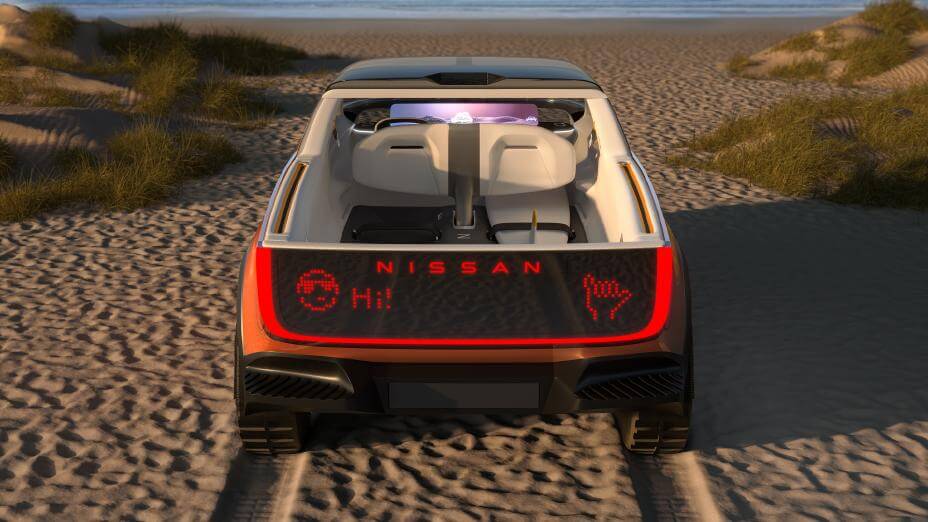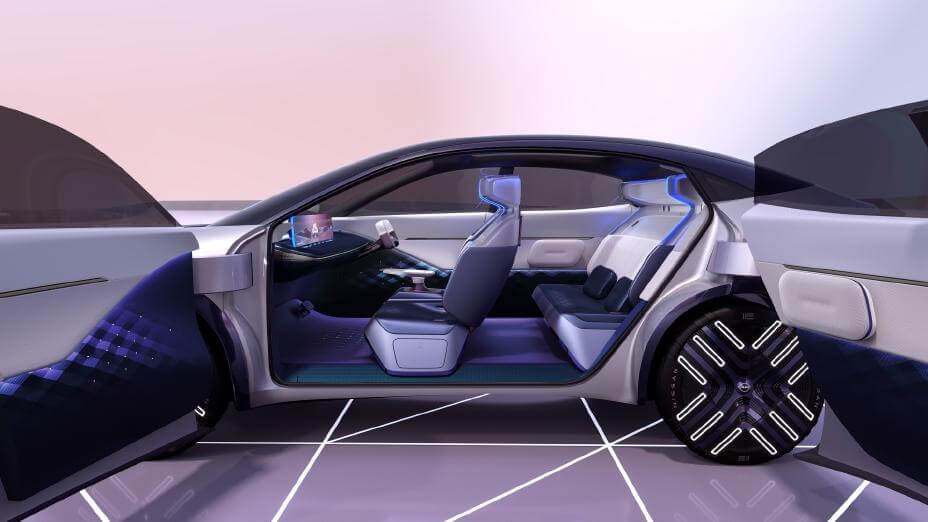
Nissan has revealed their plans for a long-term goal of electrification for their new car releases. Named “Ambition 2030”, this initiative was a response to both customer needs, as well as the ever-increasing presence of environmental problems in this day and age. The company is also aiming to improve their products, offering a cleaner and safer way for drivers to experience their journeys. Carbon Neutrality is also a chief goal of this initiative, once again in response to the ever-increasing situation regarding our planet’s climate.

Fueled by a 2 trillion-yen investment over the course of the next five years, the company is going forward with plans to accelerate the electrification of its fleet. Nissan will be deploying around 23 new electrified models and 15 new EVs by the arrival of 2030. In terms of overall electrification mix, the company has set goals for 50% of sold cars in the Nissan and INFINITI brands to be electrified vehicles. They have also unveiled 3 new concept cars that are equipped with the latest technological developments from the company.

Along with that, Nissan is also extending this initiative to greater access towards their new EV offerings. With new developments in lithium-ion batteries and cobalt-free technologies, the company aims to bring the costs of these vehicles down by 65%. A pilot plant is already in the works for their all-solid-state-battery vehicles, situated in Yokohama. This ASSB battery model allows a reduced charging time, as well as a more efficient power usage situation.

More driver-assistance features will be available to customers as well, allowing them to place the foundations for greater mobility services in the future. Their ProPILOT program is aimed for 2.5 million Nissan and INFINITI branded vehicles, with full implementation expected in the year 2025. This will also allow the company to further develop their autonomous driving technology, with a new LIDAR system available for all models by 2030 as well.

The company also has grand plans for what they call a “Fully integrated manufacturing and service ecosystem”. Dubbed the EV36Zero, this manufacturing strategy will localize the manufacturing and sourcing of their EVs. Nissan hopes that this strategy will give them an easier time dealing with energy management and meeting their carbon neutrality goals.

Battery recycling is also on the table thanks to their 4R Energy program. More battery refurbishing locations will be established in places beyond Japan, most likely in core markets such as the US and China. A circular economy in which battery packs can be refurbished and recycled for future use is Nissan’s goal, and they plan to further this commercialization effort to not only vehicles but also home battery systems. This plan will involve a further investment of up to 20 billion yen which will be expected by 2026.

Additional members of Nissan’s workforce are also being discussed. Currently, the plan is that greater than 3,000 employees will be hired for Research and Development work. Lastly, the business is looking for a long-term consolidated operating profit margin that reaches above 5%.
